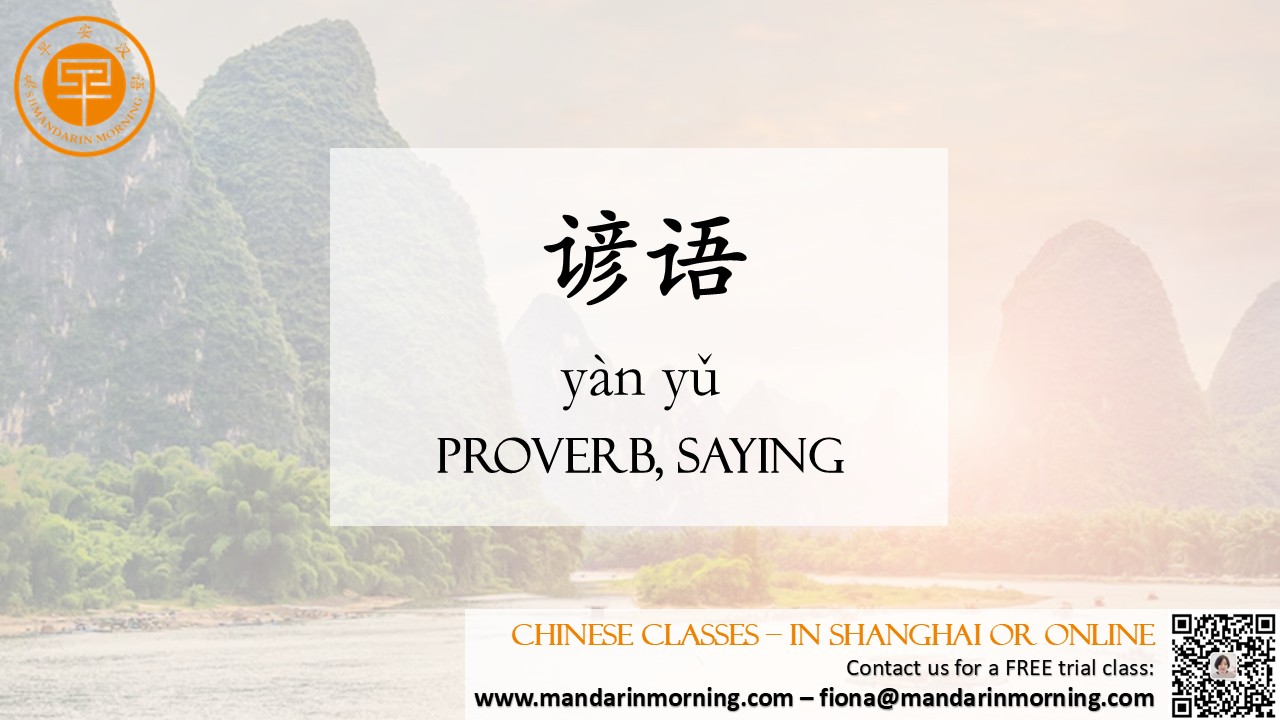【Learn Chinese】Exploring Popular Chinese Chengyu (Part 2) |
| Chengyu are rich idiomatic expressions in the Chinese language. They are not only used in literature and formal writing but also frequently appear in everyday conversations. By learning and using these chengyu, you can add depth and nuance to your language skills and gain a better understanding of Chinese culture and wisdom. Whether you are a student of Chinese or simply someone interested in the language, exploring chengyu can be a fascinating and rewarding journey. In this article, we will explore the five more of ten popular chengyu that Chinese people often use in their daily lives. Have you read part 1 yet?  6. 守株待兔 (Shǒu zhū dài tù) Literally meaning "waiting by a tree stump for rabbits," this chengyu comes from the "Han Feizi." It tells the story of a farmer who saw a rabbit run into a tree stump and die. He thought it was an easy way to get food, so he stopped working and waited by the tree stump for more rabbits. Of course, he never got another rabbit and his fields became overgrown. This chengyu is used to describe someone who relies on luck or past success without making any effort. 7. 掩耳盗铃 (Yǎn ěr dào líng) This chengyu means "stealing a bell by covering one's ears." It originates from the "Lüshi Chunqiu" (吕氏春秋), a text from the Warring States Period. It tells the story of a thief who wanted to steal a bell. He covered his ears, thinking that if he couldn't hear the bell ringing, neither could anyone else. This chengyu is used to describe someone who deceives themselves by ignoring the obvious consequences of their actions. 8. 井底之蛙 (Jǐng dǐ zhī wā) Literally meaning "a frog in a well," this chengyu comes from the "Zhuangzi" (庄子), a text from the Warring States Period. It tells the story of a frog living in a well who thought the well was the whole world. When a turtle from the sea told him about the vast ocean, the frog could not imagine anything so big. This chengyu is used to describe someone with a narrow perspective or limited knowledge. 9. 拔苗助长 (Bá miáo zhù zhǎng) This chengyu means "pulling up seedlings to help them grow." It originates from the "Mencius" (孟子), a text from the Warring States Period. It tells the story of a man who was impatient for his crops to grow, so he pulled them up. Of course, the crops died. This chengyu is used to describe someone who tries to force progress or development too quickly, often with negative results. 10. 对症下药 (Duì zhèng xià yào) Literally meaning "prescribe the right medicine for the illness," this chengyu is commonly used in daily life. It originates from the "Sanguozhi" (三国志), a historical text from the Western Jin Dynasty. This chengyu is used to describe taking the right measures to solve a problem or to address a situation effectively. |